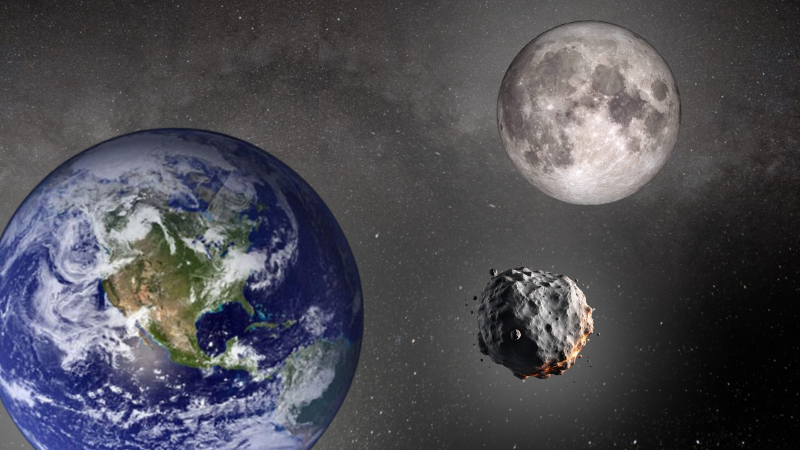
The Earth is dangerously close to breaching its seventh planetary boundary, with ocean acidification approaching a critical threshold, according to a new report from the Potsdam Institute for Climate Impact Research (PIK).
The report, which assesses the state of the planet’s vital life-support systems, reveals that industrial civilization has already exceeded six of nine key environmental thresholds that maintain Earth’s stability.
Ocean acidification, a direct result of rising carbon dioxide levels being absorbed by the oceans, poses a growing threat to marine ecosystems.
The report highlights the particular vulnerability of high-latitude regions like the Southern and Arctic Oceans.
According to Levke Caesar, a climate physicist at PIK and co-author of the report, the acidification is pushing these areas toward a dangerous tipping point.
“The indicator for ocean acidification, while still within the safe operating space, is nearing a threshold that could soon be crossed,” said Caesar during a briefing on the findings.
She added that recent studies indicate the current conditions may already be harmful to several marine species, raising the possibility that what is considered "safe" may need to be reevaluated.
Ocean acidification decreases the pH of seawater, which makes it harder for calcifying organisms, such as corals and shellfish, to form their skeletons and shells.
This not only threatens the species themselves but could also lead to broader disruptions in marine food webs. Additionally, acidification reduces the ocean’s capacity to act as a carbon sink, further exacerbating global warming.
The report draws on years of research into nine planetary boundaries, first identified in 2009 by Johan Rockström, director of PIK.
These boundaries include climate change, biosphere integrity, land system change, freshwater use, biogeochemical flows, ocean acidification, ozone layer depletion, atmospheric aerosol loading, and the introduction of novel entities such as synthetic chemicals.
Breaching these boundaries risks destabilizing the planet's ability to support life as we know it.
The report warns that six of these boundaries have already been crossed, with the planet now in "high-risk zones" for climate change, novel chemical entities, loss of biosphere integrity, and disruption of biogeochemical flows like nitrogen and phosphorus cycles.
Land system changes and freshwater usage have also crossed into dangerous territory, though to a slightly lesser degree.
Despite these challenges, there are some areas of improvement. Stratospheric ozone depletion, once a significant concern, has stabilized thanks to global efforts to curb harmful emissions through policies like the Montreal Protocol.
Additionally, there has been a modest improvement in atmospheric aerosol loading, which affects air quality and cloud formation.
One of the key messages of the report is the interconnectivity of these planetary systems. Any disruption to one area often cascades into others, complicating efforts to tackle environmental challenges. “This means that any human perturbation of the global environment cannot be addressed as separate issues,” said Caesar.
“The Earth system is a network where changes in one area affect the others.”
Rockström emphasised the urgency of addressing these interconnected issues, noting that this report is the first in what will be an annual series of “planetary health checks.”
He called for immediate action to reverse the damage, stating that the state of the planet has now reached such a critical point that scientists must move beyond observation and into advocating for change.
“This is much more than science,” Rockström said. “This is science for change.”
The report is formatted for a general audience rather than an academic journal, with the goal of reaching a wider public and encouraging global action on planetary health.
The hope is that by presenting these findings more frequently and accessibly, governments, businesses, and individuals will be spurred to take decisive action before it's too late.
1732071267-0/lana-(2)1732071267-0-405x300.webp)
1727242355-0/Diddy-(1)1727242355-0-165x106.webp)

1732063440-0/elon-(3)1732063440-0-165x106.webp)
















COMMENTS
Comments are moderated and generally will be posted if they are on-topic and not abusive.
For more information, please see our Comments FAQ